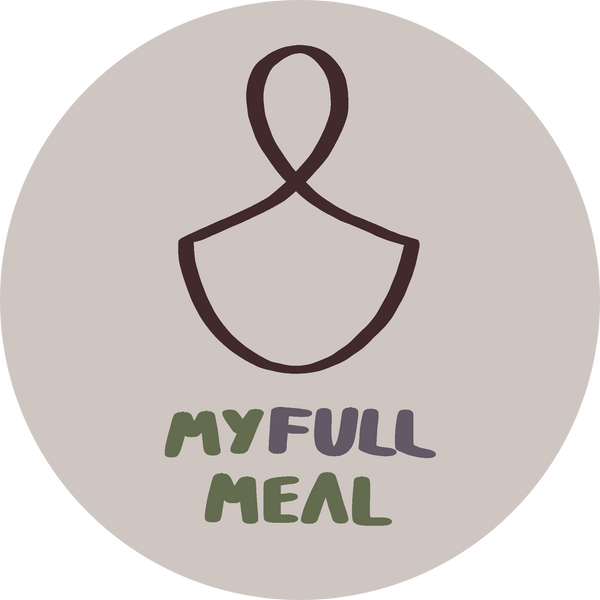We know that the fat-soluble vitamins are vitamin A, vitamin D, vitamin K, and vitamin E. And we also know that The benefits of these vitamins are enormous. However, if we do not eat enough fat To act as an aid in the absorption of vitamins from the small intestine Therefore, no matter how much vitamin A, vitamin D, vitamin K, and vitamin E (in the form of food or tablets) you consume, it is wasted and the body flushes them out completely. Exposing your body to these 108 dangerous symptoms
Vitamin A
Known as “retinol,” it regulates gene expression. Works as an anti-oxidant It is a precursor to thyroid receptors. Helps the growth and controls cell abnormalities. (Used to prevent and cure cancer) Helps maintain the function of the heart, lungs, kidneys, and other organs to function normally. It is also essential for eye health. reproductive system Immune system Skin health and communication of cell systems
In the 1930s+ scientists discovered that Children who take cod liver oil which has concentrated vitamin A Can reduce the incidence of colds by up to 1 in 3, thus confirming that Vitamin A helps strengthen the immune system. and prevent infection that causes diseases related to the immune system
In addition, in working with the thyroid gland Vitamin A helps optimize the action of thyroid hormones. Helps normal mood, good skin, and reproductive system function normally. Have a normal digestive system and food absorption. Cortisol function is normal. Can control stress well
The best source of vitamin A is liver from wild animals. (which contains vitamin D3, vitamin K2, zinc, vitamin E and cholesterol Suitable for enhancing the function of vitamin A) sardines, salmon, fish eggs, egg yolks, shellfish, emu oil, butter from grass-fed cows. Cod liver oil also has both vitamin A and omega 3, which will be a good help. In people who cannot eat animal liver
As for vitamin A tablets, It is necessary to get enough vitamin D3, vitamin K2, zinc for vitamin A to work well. You should not consume more than 2000 milligrams of vitamin A per day.
Check for new understanding
Beta-carotene is not vitamin A.
Beta-carotene, which is found in yellow vegetables such as carrots and pumpkins , Ms. Nora Gedguadas, nurse and food therapist guru. The author of the book Primal Fat Burner confirms that it is not vitamin A. But beta-carotene can be converted to vitamin A. When the chemical reactions in the body are appropriate Dr. Mary Gertrude Enig, American food scientist Awarded Master of the American College of Nutrition, author of the world-famous book Know Your Fat. said that products made from tomatoes claiming to contain vitamin A were In fact, it only contains beta-carotene and the Food and Drug Administration (FDA) allows it.
Vitamin D
super vitamin It functions more as a hormone than a vitamin. In other words, vitamin D is necessary for the functioning of the body's cells and tissues. Helps promote bone health Helps regulate the functioning of the immune system. and makes the immune system act against cancer It also protects the fatty acids EPA and DHA from being destroyed. Helps the functioning of the digestive system and heart function Prevent migraines and all dental diseases. It also helps with the function of vitamin K. 2 to be more efficient
However, the vitamin D that the body needs to perform the above functions is vitamin D3, which is vitamin D from plants. And the vitamin D that is synthesized and added to various products is vitamin D2.
The body synthesizes enough vitamin D3 from the precursor cholesterol and vitamin D2 from plants and UVB from sunlight. However, the amount of sunlight that each person should receive It depends on the number of vitamin D receptors from sunlight. An in-depth study of this issue is still not clear.
Important sources of vitamin D3 are meat such as pork, offal, sardines, salmon, fish eggs and egg yolks. Emus in Australia are also a good source of vitamin D3.
If you need to take vitamin D3 tablets, it may be because you live in a region of the world where there is little sunlight. Don't eat meat at all. Or the body has problems managing body fat. And especially if you have a problem with your own allergies. You should take vitamin D3 every day, 600 IU per day.
However, if vitamin D is measured in the body Whether female or male, the level should be within 35 – 60 ng/dL.
Vitamin K
We are familiar with vitamin K. Contained in green leafy plants from abroad such as kale, broccoli, and spinach, which helps the blood to clot, which is vitamin K1.
As for vitamin K2, it is abundant in lean meat. Offal and fermented foods Is important to the bone system. That requires calcium and phosphorus to be deposited in bones and teeth. The one that performs this function is a protein called Osteocalcin, which requires vitamin A, vitamin D3, and vitamin K2 to help this protein function completely. In other words, vitamin D3 and vitamin K2 are responsible for causing calcium to adhere to the bones. Otherwise Without vitamin K2, calcium may stick to the coronary arteries and joints.
Vitamin K tablets that are widely available And the injection given to newborns is vitamin K1, which helps the blood to clot, but vitamin K2 is not yet seen. So we need to eat only food. which with the eating trend that is popular to abstain from eating fat As a result, the problem of vitamin K2 deficiency can be found in people in every country around the world. Which vitamin K2 besides helping with bones It also helps the heart function. Organs and tissues involved in calcium function It also prevents cancer as well.
However, Ms. Nora recommends taking no more than 90 micrograms of vitamin K1 per day and no more than 800 - 1000 micrograms of vitamin K2 per day.
Vitamin E
Vitamin E works together with at least eight other fat-soluble antioxidants, one of which is seranium. (found mostly in naturally raised beef and Brazil nuts) Vitamin E is found in abundance in nuts, grains, green leafy vegetables, and wild meat.
If the body lacks vitamin E Will increase the risk of diabetes. abnormal immune system Muscles are easily damaged when exercising drake parkinson Eye diseases, lung disease, and liver disease. Normally, fat-soluble vitamins They often have important functions in resisting cancer. Helps the functioning of the cardiovascular system. Prevents obesity, which is greatly affected by fatty liver disease. Helps enhance brain function Reduce the risk of Alzheimer's disease
Vitamin E is a precursor to the enzyme glutathione. which is an anti-oxidant substance It also prevents peroxidized fats, or a condition in which good fats in the body become spoiled.
Fat soluble micronutrients
Nutrients that need fat to help absorb include:
- Carotenoids are another important antioxidant.
- Coenzyme Q10 Acts as a power house of cells for the body, especially in patients with high blood lipids. Coenzyme Q10 acts to use fat in the blood for energy.
- PQQ or Pyrroloquinoline Quinone acts to increase the number of mitochondria. Or what we know as the power house of cells, which is the source of cell energy.
________________________________________________________________________
refer
Nora Gedgaudas, Primal Fat Burner, Atlantic Book, London 2018 Elson M. Haas, MD, Buck Levin, PhD, RD, Staying Healthy With Nutrition, Ten Speed Press,

